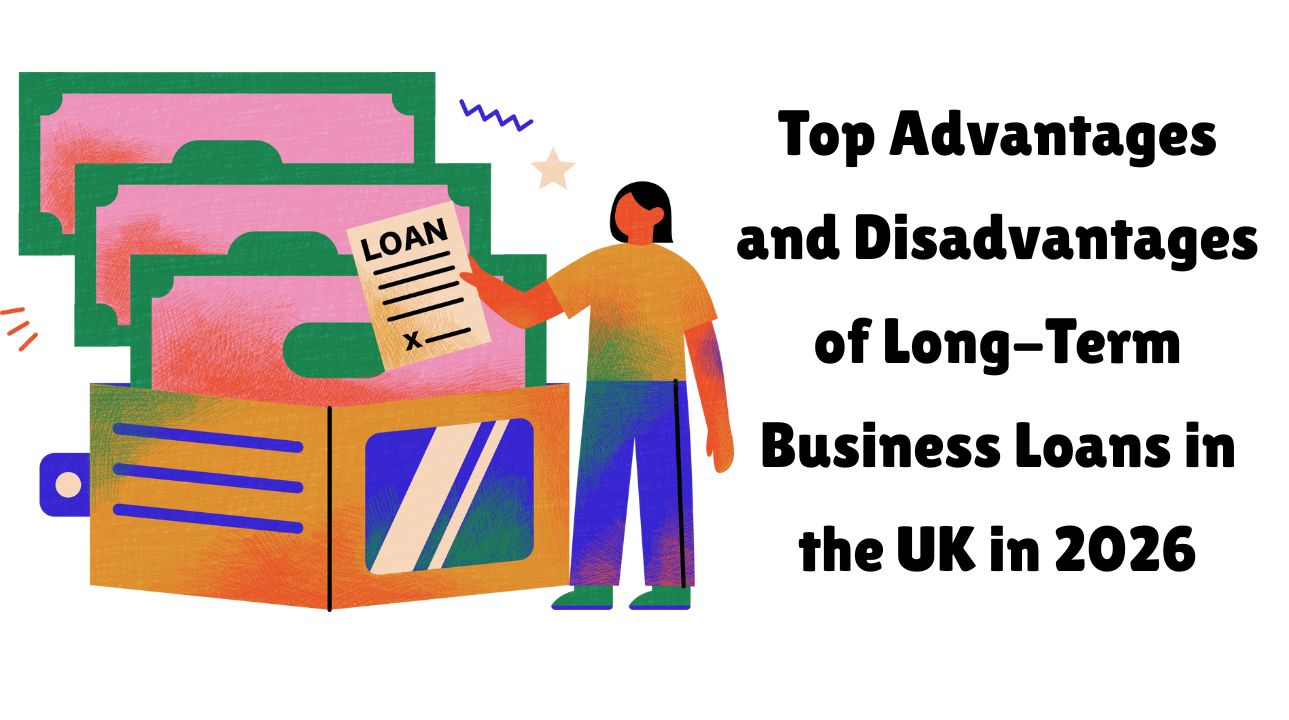Nowadays, commercial property development holds great potential for investors and entrepreneurs. Turning ambitious development projects into reality requires significant financial backing. This is why the development finance lenders step in.
Commercial property finance allows anyone to get funding for the renovation or construction of properties, such as
- Office buildings,
- Retail spaces,
- Hotels,
- Warehouses
This finance involves more significant sums of money and intricate financing arrangements.
Which factors hold the most significance when appraising a loan?
Lenders check commercial property finance applications based on several key factors. If you need to improve your approval chances, you need to focus on the below key factors,
- Property value:
Lenders assess the current value of the commercial property has been funded. They consider factors like
- Location,
- Condition,
- Potential for income generation.
- Borrower’s creditworthiness:
Experts review the credit history and financial stability of the borrower. This includes
- Analysing credit scores
- Income sources
- Existing debts
- Repayment history
- Cash flow and income:
Moneylenders evaluate the property’s income potential. Likewise, they consider the borrower’s ability to generate enough cash flow. They may analyse rental income, leases, and financial statements.
- Borrower’s experience:
Lenders consider the borrower’s experience in managing commercial properties. Experience in the industry can increase assurance in the borrower’s capability to succeed.
- Down payment:
Financiers look at the borrower’s ability to make a down payment. A larger down payment shows commitment. This also reduces the lender’s risk.
- Purpose of the loan:
Lenders consider the purpose of the loan. Each purpose has a risk profile. It has its challenges, whether purchasing a property or refinancing an existing loan.
By evaluating these factors, lenders can determine the risk associated with finance. By the way, they make informed decisions about loan approval.
Can commercial property development finance lenders refinance projects?
Yes, lenders offer refinancing options for completed projects. It allows property owners to replace their present loan with a fresh one. This kind of option helps to get funds with more profitable terms. It can also free up equity for other purposes.
Once a development project is completed, the property’s value may have increased. This also converts it a striking option for refinancing. This allows property owners to access the raised value. This also let them secure a new loan based on the updated valuation.
Refinancing a finished project can offer many benefits. It can help property owners lower their interest rates. This also reduces monthly payments. Likewise extends the loan term. It helps them to access funds for other investment options. Yet, lenders may have clear criteria and need to offer approval for refinancing, such as
- Least occupancy level,
- Cash flow analysis,
- Creditworthiness,
- Property appraisals
Considering their options and the costs of refinancing before proceeding is essential. Taking suggestions of a financial advisor can help in understanding the available refinancing options.
How can commercial property finance be supportive?
This finance offers a lot of benefits for individuals. Even it can be helpful for property investment or development businesses. With this finance, one can explore the below benefits,
- Access to Capital:
It provides the necessary funds to buy or develop commercial properties. It enables individuals or businesses to get properties they may not afford.
- Flexible financing options:
Commercial property finance will offer a range of flexible financing options. These are modified to the precise needs of borrowers. It includes variable and fixed interest rates and various loan terms. Such flexibility allows borrowers to meet their financing with their financial goals.
- Profit:
This finance allows investors to generate income from the property through rental payments. It can also help to make profits by selling it at a profit in the future. This income or capital gain can contribute to the investor’s financial growth.
Before making any decision, it is also essential to think the terms, costs, and risks. Getting professional advice to make informed decisions based on specific circumstances is better.
What happens if you fail to repay a commercial property development loan?
In general, defaulting on this loan can have significant consequences. In most occasions, it can lead to the below results,
Foreclosure: The lender may start foreclosure proceedings to recover their funds. This means they have the right to seize and sell the property. It lets them recoup the outstanding loan balance.
- Legal action:
The lender can take legal action to recover the debt. They may file a lawsuit. Get a judgment, as well as pursue wage garnishment or asset seizure.
- Personal liability:
If you have personally guaranteed the loan, the lender may go after your assets to satisfy the debt.
- Loss of equity:
Defaulting on a loan can result in losing any equity you have built in the property. This can be a financial setback.
You must try to communicate with the lender if facing financial difficulties. Sometimes the lenders also offer loan modifications to avoid default. Getting advice from financial experts can help you to avoid this situation. At the same time helps to explore potential solutions.
What are the risks of commercial property finance?
Commercial property finance comes with its own risks. Borrowers and investors need to be aware of the below key points
- Market volatility:
Commercial property values can alter according to the prevailing happenings of the economy. Nevertheless, it can also differ based on the local market conditions. This will affect the property’s value and the ability to secure financing.
- Income uncertainty:
Rental income from commercial properties may vary. This also affects the borrower’s ability to meet loan duties. Vacancy rates and resident solidity can affect cash flow.
- Property condition:
The condition and maintenance of the property are essential factors. Lenders may need inspections and appraisals. This will ensure the property’s value and structural integrity.
- Regulatory compliance:
Commercial properties must follow various regulations and codes. Navigating these challenges requires careful planning. A proper understanding of the property market is also a key factor. Consulting with professionals like property development finance lenders and brokers can help mitigate risks. This also increases the chances of successful commercial property finance.
Conclusion:
Lenders are vital in helping property developers by providing the best financial solutions. Their expertise and ability allow quick access to funds. This also makes them essential partners for those embarking on development projects.
Before selecting a lender, developers must consider the terms, interest rates, and fees. They can make informed decisions by understanding the terms of commercial finance. At the same time, navigate the path to successful commercial property development.

Gary Weaver is a Senior Content Writer with having an experience of more than 8 years. He has the expertise in covering various aspects of business market in the UK, especially of the lending firms. As being the senior member, he contributes a lot while working at TheBusinessFunds, a reputed business loan broker.
Gary performs the major role of guiding loan aspirants according to their financing needs and also to write research based blogs for the company’s website. Previously, he has worked with many reputed business firms and therefore, he knows every nook and cranny of business financing market of the country. Gary is a post-graduate with having a degree of Masters in English language. He has also done post-graduate diploma in Business and Finance.






